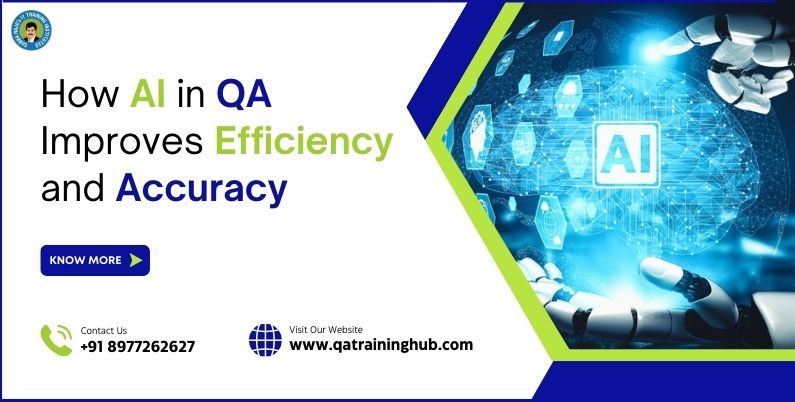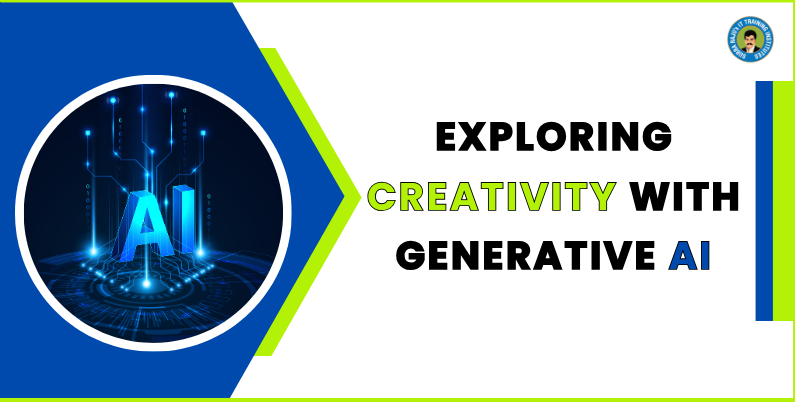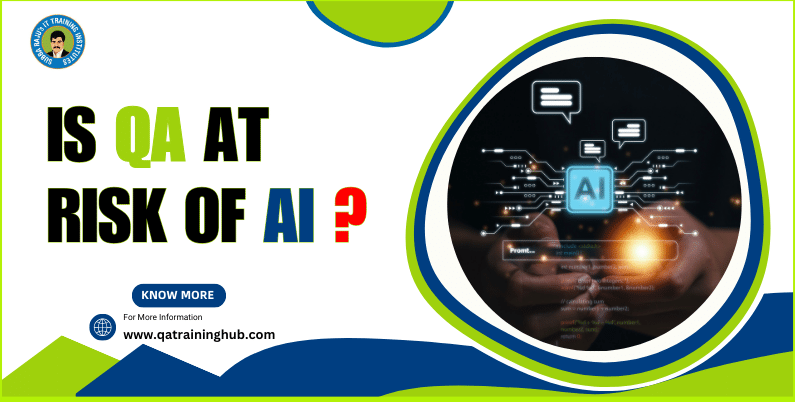
Forecasting the Future: Trends Shaping the Generative AI Market by 2025
The field of artificial intelligence (AI) is always advancing, exploring the limits of what technology can achieve. Among these advancements, generative AI stands out as a revolutionary technology with the power to reshape various industries. Generative AI involves machines creating content, whether it’s images, text, music, or even entire virtual environments. As we look ahead, it’s essential to understand the Future Trends in Generative AI Market by 2025 is crucial, providing insights into future possibilities.
Advancements in Generative Models:
The rapid advancement of generative models is another trend influencing the market. With advancements like OpenAI’s GPT (Generative Pre-trained Transformer) series and NVIDIA’s StyleGAN, generative AI capabilities have reached unmatched levels of complexity. These models can produce high-resolution images, realistic text, and even imitate human conversational patterns with remarkable accuracy. As research continues to push the boundaries of what’s possible, we can expect further advancements in generative models, leading to the discovery of new applications and opportunities.
Making Generative AI Accessible to Everyone:
A major trend in the generative AI market is its democratization. Once limited to tech giants and research institutions, generative AI tools and platforms are now becoming available to a wider audience. Startups are creating user-friendly interfaces and cloud-based solutions, allowing people with limited technical skills to utilize generative AI. This democratization sets the way for widespread adoption across various industries, including marketing, design, healthcare, and entertainment.
Hybrid and Multi-Modal Generative Models:
Future developments may focus on creating hybrid or multi-modal generative models that can generate various types of content simultaneously. For example, a single model could produce both text and images based on a given prompt, leading to more immersive and interactive applications.
Ethical Considerations and Responsible AI:
As generative AI becomes more widespread, ethical concerns about its usage grow in importance. Issues such as algorithmic bias, data privacy, and misuse of AI-generated content raise significant concerns within both the industry and society at large. Companies and researchers are taking proactive measures to address these challenges, emphasizing the importance of responsible AI development and deployment. Initiatives such as AI ethics boards, transparency in AI algorithms, and strong data governance frameworks are emerging to ensure ethical development and utilization of generative AI technologies.
Integration with Augmented Reality (AR) and Virtual Reality (VR):
The merging of generative AI with augmented reality (AR) and virtual reality (VR) presents exciting possibilities for immersive experiences. By using generative models, AR/VR developers can create dynamic and interactive environments that adapt to users in real-time. Whether it’s generating realistic scenery or personalized content, the combination of generative AI and AR/VR has the potential for transforming entertainment, education, and various other industries. As the demand for immersive experiences rises, we can expect to see increased integration of generative AI technologies in AR/VR applications.
Personalization and Customization:
In today’s inter-connected world, consumers expect personalized experiences cater to their preferences and needs. Generative AI enables businesses to meet these expectations by creating highly personalized and customizable content. From recommendation engines that suggest products based on individual preferences to AI-generated artwork that reflects a user’s unique style, the possibilities for personalization are no bounds. As businesses aim to stand out in a competitive environment, we can expect an increase in the utilization of generative AI to provide personalized experiences across different interactions.
Cross-domain Applications:
Generative AI is not limited to any particular field or industry but finds applications across a wide range of fields. From healthcare and finance to creative arts and gaming, generative AI is transforming how we work, communicate, and innovate. In healthcare, for example, generative models are generating synthetic medical images to train AI algorithms and simulate disease progression. In finance, generative AI is used for fraud detection, risk assessment, and algorithmic trading. The versatility of generative AI ensures that its impact will be felt across various sectors, driving innovation and effectiveness.
Interactive and Collaborative AI:
There might be an increasing focus on interactive and collaborative generative AI systems that allow humans and machines to collaborate in real-time. These systems could enable users to collaborate in creating content, generating ideas, and exploring creative possibilities in fields like design, art, and storytelling.
Edge Computing and On-Device Generative Models:
As the need for real-time and privacy-conscious applications rises, there might be a shift towards deploying generative models on edge devices and integrating on-device AI capabilities. This could enable tasks like real-time image editing, language translation, and personalized recommendations without depending on cloud-based infrastructure.
Regulatory Frameworks and Standards:
As generative AI becomes more widespread, we might see the establishment of regulatory frameworks and industry standards to oversee its development, deployment, and usage. This could include guidelines for data privacy, model transparency, and accountability to uphold ethical and responsible AI practices.
Conclusion:
At QA Training Hub, we understand the transformative power of generative AI and its profound impact on the future of technology and innovation. As we’ve explored in this article, the Future Trends in Generative AI Market by 2025 is experiencing rapid evolution, driven by democratization, advancements in models, ethical considerations, integration with AR/VR, personalisation, cross-domain applications, and collaboration across different fields.
As a leading provider of training and resources in the field of AI and machine learning, we’re dedicated to empowering both individuals and organizations with the necessary knowledge and skills to utilize generative AI effectively. Our extensive courses, interactive workshops, and expert support provide learners with the tools they require to excel in a world driven by AI.
In conclusion, the generative AI market holds great potential for innovation and change in various sectors. By adopting Future Trends in Generative AI Market by 2025, promoting responsible AI usage, and investing in education, we can shape a future where generative AI empowers creativity, enhances productivity, and improves lives. Join us at QA Training Hub, let’s start this exciting journey towards discovering the full potential of generative AI and shaping a brighter tomorrow for all.







